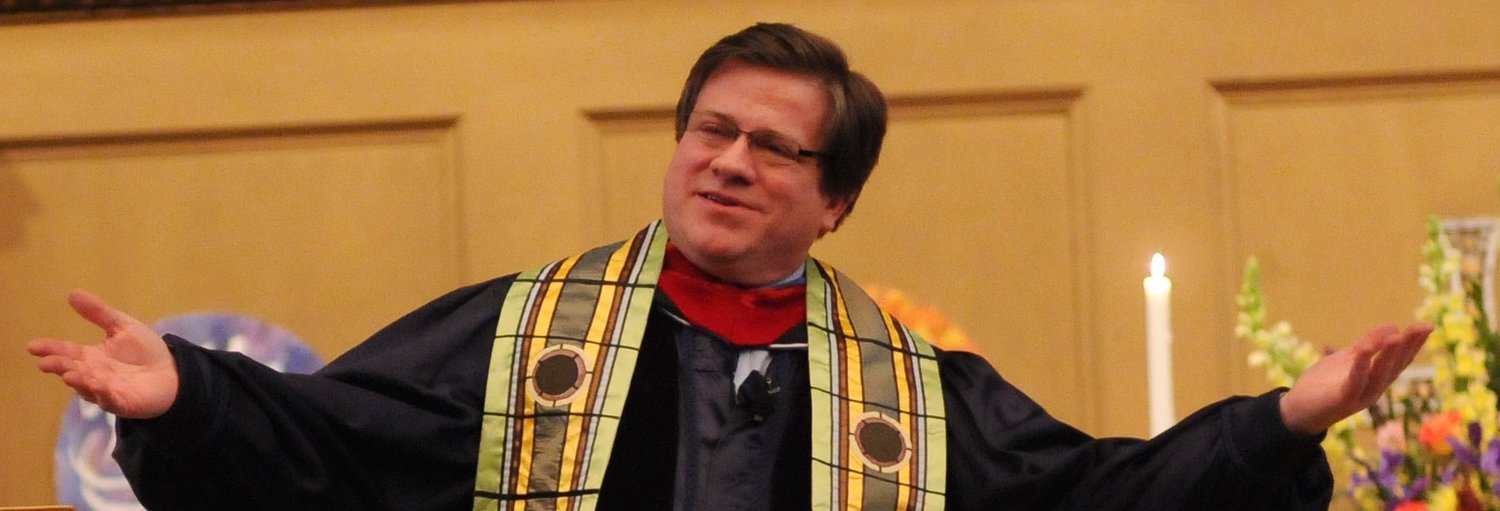For the Inward Journey, Day Forty-Three
Epilogue to Jesus and the Disinherited
For every man there is a necessity to establish as securely as possible the lines along which he proposes to live his life. In developing his life's working paper he must take into account many factors, in his reaction to which he may seem to throw them out of line with their true significance. As a man he did not happen. He was born; he has a name; he has forebears; he is the product of a particular culture; he has a mother tongue; he belongs to a nation; he is born into some kind of faith. In addition to all of these he exists in some curious way as a person independent of all other facts. There is an intensely private world, all his own; it is intimate, exclusive, sealed.
The life working paper of the individual is made-up of a creative synthesis of what the man is in all his parts and how he reacts to the living process. It is wide of the mark to say that a man's working paper is ever wrong; it may not be fruitful, it may be negative, but it is never wrong. For such a judgment would imply that the synthesis is guaranteed to be of a certain kind, of a specific character, resulting in a fore-ordained end.
It can never be determined just what a man will fashion. Two men may be born of the same parents, grow up in the same environment, be steeped in the same culture and inspired by the same faith. Close or even cursory observation may reveal that each has fashioned a life working paper so unique that they take to different roads, each day bringing them farther and farther apart. Or it may be that they move along precisely parallel lines that never meet.
Always, then, there is the miracle of the working paper. Wherever there appears in human history a personality whose story is available and whose reach extends far, in all directions, the question of his working paper is as crucial as is the significance of his life. We want to know what were the lines along which he decided to live his life. How did he relate himself to the central issues of his time? What were the questions which he had to answer? Was he under some necessity to give a universal character to his most private experience?
Our attention is called to such a figure because of the impact which his life makes upon human history. For what is human history but a man's working paper as he rides high to life, caught often in the swirling eddies of tremendous impersonal forces set in motion by vast impulses out of the womb of the Eternal. When a solitary individual is able to mingle his strength with the forces of history and emerge with a name, a character, personality, it is no ordinary achievement. It is more than the fact that there is a record of his life—as singular as that fact may be. It means that against the background of anonymity he has emerged articulate, and particular.
Such a figure was Jesus of Nazareth period to some he is the grand prototype of all the distilled longing of mankind for fulfillment, for wholeness, for perfection period to some he is the eternal presence hovering over all the myriad needs of humanity, yielding healing for the sick of body and soul, giving a lift to those whom weariness has overtaken in the long March, and calling out hidden purposes of destiny which are the common heritage period to some he is more than a presence; he is the God fact, the Divine Moment in human sin and human misery. To still others he is a man who found the answer to life's riddle, and out of a profound gratitude he becomes the man most worthy of honor and praise. For such his answer becomes humanity's answer and his life the common claim. In him the miracle of the working paper is writ large, for what he did all men may do. Thus interpreted, he belongs to no age, no race, no creed. When men look into his face they see etched the glory of their own possibilities, and their hearts whisper, “Thank you and thank God!”
(For the Inward Journey: the writings of Howard Thurman.
Selected by Anne Spencer Thurman. pages 173-174
Originally published in Jesus and the Disinherited)
I’m sitting with cats this morning and thinking of the “working paper” of my life. (What a funny turn of phrase!) I’m grateful for the forty-some days we’ve been sitting here. They have had their morning can of cat food, have played with each other (and me, when I take the time to get out the fishing pole and silly things to chase) and sat for a quiet moment looking out the window and into the “great space” between the wings of my apartment building. (I wish I could say “the courtyard,” but that would be a lie.)
And now, Tado is asleep, having fashioned the papers (my papers!) on the dining room table into a kind of bed. Tabitha has jumped onto the table, watched the scene of me at work, and, when I reach out to give her a scratch, has leapt off the table and gone to play otherwise. She’s writing the working paper of her life, too.
I am overdue for some conversations about the future, both with my spiritual director and with my supervising minister. I made some promises last week when in the Twin Cities, and am wondering how and when in the next two or three years I will fulfill those promises. I know I will lean into the advice of people I treasure. Hold me in your prayers, friends, as I hold you in my own.
